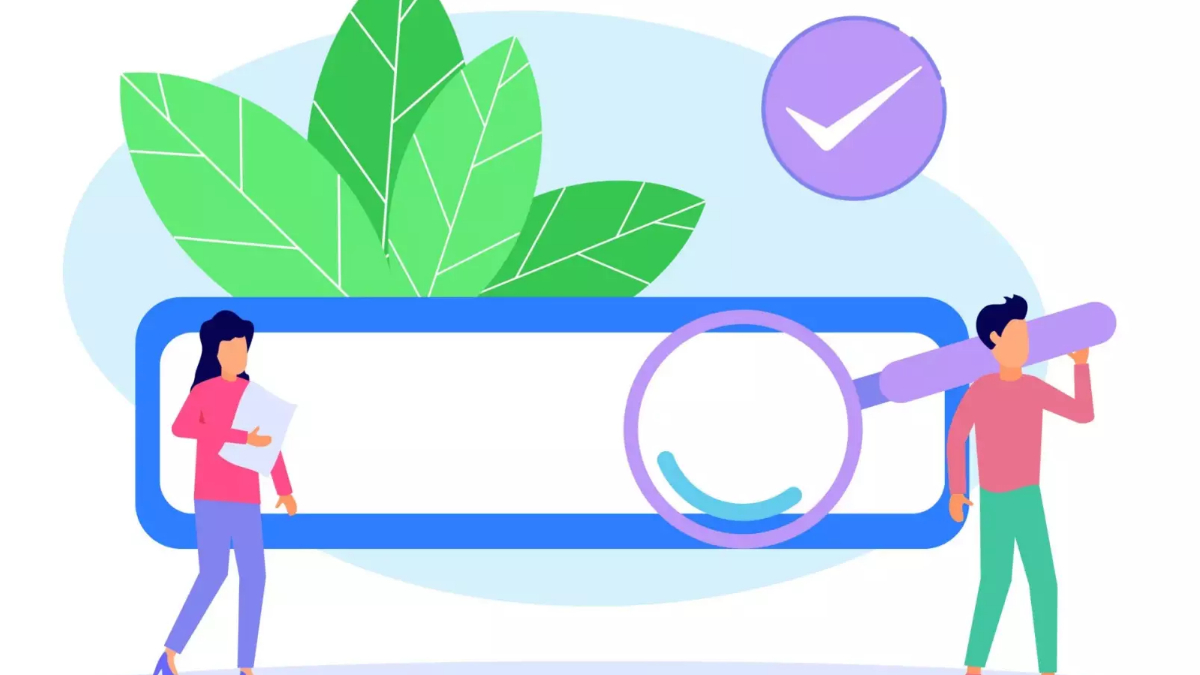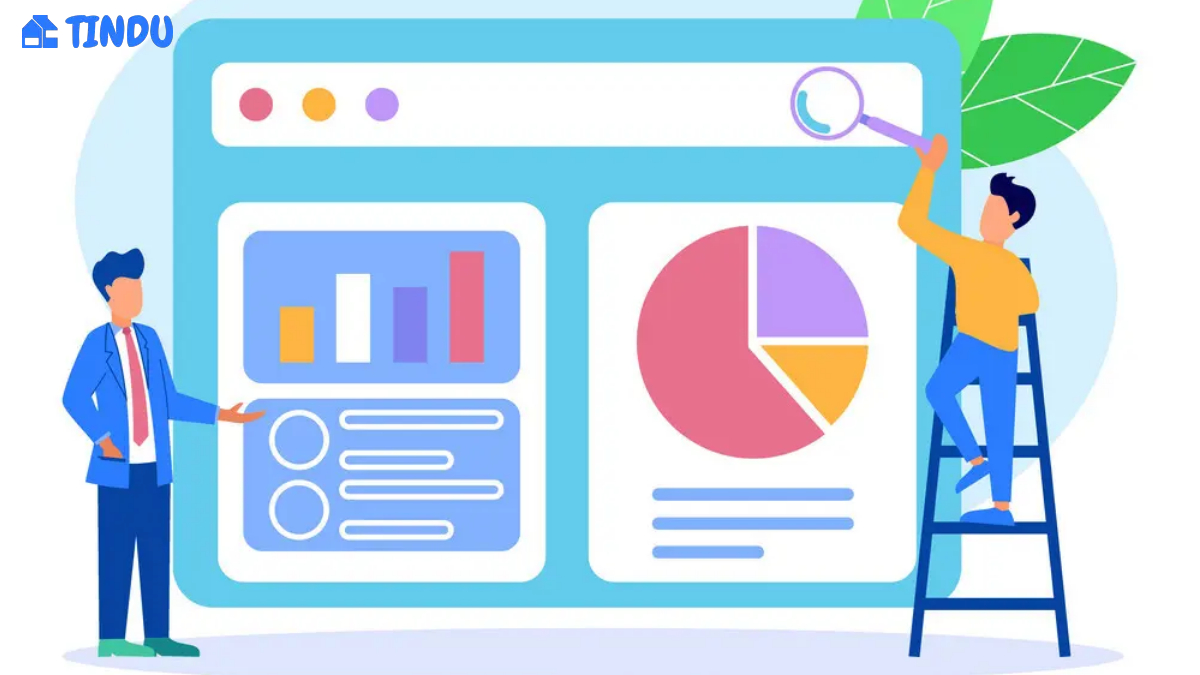In this article, we are going to share secret tips that are helpful for enhancing search engine ranking and watching your website rise to the top of search engine results. So, lets begin:-
1. Publish Authoritative, Relevant Content
The quality of your content plays an important role in your search engine ranking and there is no replacement for good content and especially true when your focus is on SEO marketing. Actually quality content is useful for increasing a website’s traffic that can automatically improve your site’s relevance and authority. So, it is quite obvious that you should have good web writing skills and present yourself as an authority on the topic you are writing about.
Keywords
First, you have to identify and target a specific keyword phrase for each page on your site. You must think about how your reader might search for that particular page with search queries such as :
- how to apply for a particular competitive exam?
- what is computer science engineering?
Multiple Keyword Phrases
It is really very difficult task for a webpage to attain a good search engine ranking for multiple keyword phrases unless those phrases are the same. A particular page is able to rank for “search engine optimization” and “search engine optimization techniques”. Ranking for “trending events ” and “general science” with a single page is unlikely.
If you want to rank for multiple keywords phrases with your website, so it is mandatory to make a separate webpage for each keywords phrase that you are targeting.
Placing Keywords
Once your keyword phrase is finalized for a particular page, suppose these questions :
1. Can I use part or all of the keyword phrases in the page title?
2. Can I use part or all of the keyword phrases in the page URL?
3. Can I use part or all of the keyword phrases in page heading and subheadings?
If your answer is Yes to all these questions. So, it is very easy for you to improve your search engine ranking. Be Natural and user-friendly.
2. Update your content regularly
You’ve probably noticed how passionate we are about content. Search engines are no exception. Maintain in mind that regularly updated material is one of the best markers of a site’s relevance, so be sure to keep it up to date. Audit your material on a regular basis (every semester, for example) and make any necessary modifications.
Blogging
Writing additional material on your departmental news blog that is rich in keyword phrases might also help you improve your search engine rankings. Even shorter updates regarding the specific themes you’re targeting can be used as blog entries. When it helps the reader get a better image or more information about the issue, interlink your related CMS webpages and blog entries.
ALSO READ: Best 5 free keyword research tools for SEO
3. Metadata
Each page on your website has a place between the head> tags where you may include metadata, or information about the page’s contents. If you have a CMS site that was built by the UMC web team, this data will be pre-populated for you. However, as your site evolves, it’s critical that you analyze and update information.
Title Metadata
The page titles that appear at the top of a browser window and as the headline inside search engine results are both determined by title metadata. It’s the most crucial piece of info on your page.
The web team has created an automatic technique for constructing the meta title for each webpage based on your page title for people who have a CMS website. This emphasizes the value of well-crafted page names that include keyword terms.
Description Metadata
The textual description that a browser may utilize in your page search return is known as descriptive metadata. Consider it your website’s window display—a succinct and enticing representation of what’s inside with the purpose of getting visitors to come in. An excellent meta description usually consists of two whole phrases. Although search engines may not always use your meta description, it is critical to provide them with the choice.
Keyword Metadata
Search engine rankings are seldom, if ever, based on keyword information. However, since you should already be familiar with your keyword phrases, it isn’t necessary to provide them in your keyword information. You’ll want to use a wide range of phrases. As a general guideline, limit yourself to 3-7 sentences, each of which should have 1-4 words. “Computer science degree” is a wonderful example.
4. Have A Link Worthy Site
A content-rich, authoritative, unbiased homepage that helps visitors learn more about what they’re interested in is more likely to draw connections from other websites, improving your search engine optimization.
By including relevant links within the content, you may increase your authority and trustworthiness. Instead of “click here” links, consider writing out the destination’s name. “Click here” has no search engine value beyond the connected URL, however “Michigan Tech Enterprise Program” is keyword-rich and will increase both your and the page you’re connecting to’s search engine rankings. Always utilize descriptive links by linking keywords—it not only boosts SEO, but it also offers value to your readers, particularly those with impairments or who use screen readers.
5. Use Alt Tags
Always use alt tags, or alternative text descriptions, to explain your picture and video files. They make it possible for search engines to find your page, which is critical for folks who use text-only browsers or screen readers.











